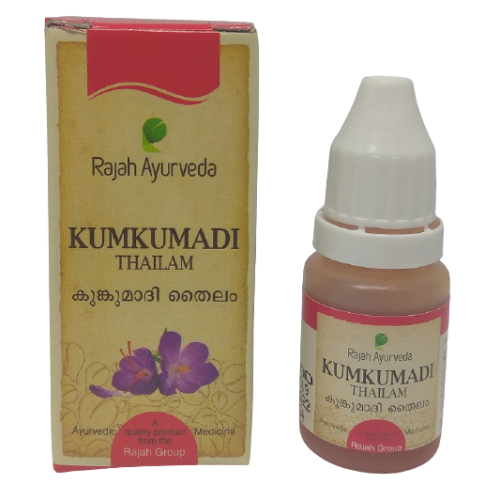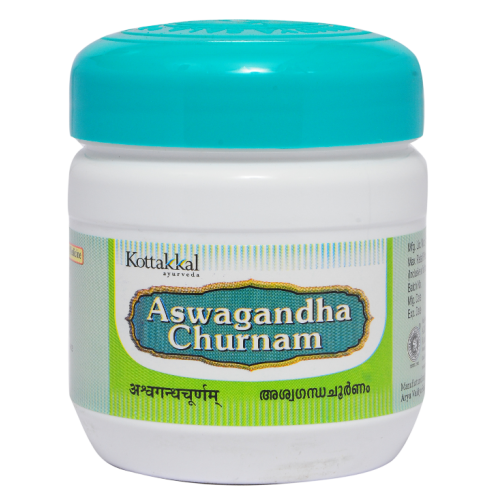Welcoming a baby into the world is a joyous and transformative experience for parents. As we strive to provide the best care for our little ones, it’s essential to explore holistic approaches that prioritize their well-being and development. Ayurveda, an ancient Indian system of medicine, offers valuable principles and remedies to support the health and happiness of our babies. In this blog, we will delve into Ayurvedic principles for baby care, explore natural remedies for common baby ailments, and discover Ayurvedic baby care products that promote their overall well-being.
Ayurvedic Principles for Baby Care: Ayurveda views babies as unique individuals with their own unique constitution or dosha. The following core principles can guide us in caring for our babies in accordance with Ayurvedic wisdom:

- Balancing the Doshas: Ayurveda emphasizes maintaining the balance of the doshas (Vata, Pitta, and Kapha) to ensure the baby’s optimal health. By understanding their dominant dosha, we can tailor their diet, daily routine, and environment accordingly.
- Nurturing Digestion: Ayurveda recognizes the importance of a healthy digestive system. Breastfeeding, introducing easily digestible foods, and avoiding overfeeding can help promote proper digestion and prevent common digestive issues in babies.
- Gentle Massage: Ayurvedic baby massage with nourishing oils improves circulation, enhances muscle tone, and aids in digestion. Using warm oils infused with herbs can further nourish and protect the baby’s delicate skin.
Ayurvedic Remedies for Common Baby Ailments: Ayurveda offers gentle and natural remedies for common baby ailments. Here are a few Ayurvedic remedies for specific issues:

- Colic: Applying warm oil infused with fennel and dill on the baby’s abdomen and gentle abdominal massage can help relieve colic and soothe the baby’s digestive system.
- Constipation: Incorporating fiber-rich foods, such as mashed prunes or pears, into the baby’s diet can help regulate bowel movements. Additionally, massaging the baby’s abdomen in a clockwise direction can stimulate bowel movements.
- Teething Discomfort: Massaging the baby’s gums with a finger dipped in cold-pressed coconut oil or applying a paste of licorice root powder and honey on the gums can alleviate teething discomfort naturally.
- Skin Irritations: Ayurvedic herbs like neem and turmeric possess antimicrobial and anti-inflammatory properties. Preparing a mild herbal paste or using Ayurvedic baby care products containing these herbs can help soothe skin irritations like diaper rash and eczema.
Ayurvedic Baby Care Products: Ayurvedic baby care products are specially formulated to nurture and protect a baby’s delicate skin. These products often contain natural ingredients like almond oil, coconut oil, and herbal extracts known for their nourishing and soothing properties. From oils and powders to balms and creams, Ayurvedic baby care products provide a gentle and holistic approach to maintaining the well-being of your little one.
Embracing Ayurvedic principles for baby care allows us to provide our little ones with holistic and natural support for their overall well-being. From balancing the doshas to incorporating gentle Ayurvedic remedies, we can nurture our babies in a way that aligns with their unique constitution. Additionally, Ayurvedic baby care products offer a range of nurturing and protective options for their delicate skin. If you’re interested in exploring Ayurvedic baby care products, Ayurvedic Mall offers a variety of high-quality options available online. Visit their website at https://ayurvedicmall.com/ to discover their extensive range of Ayurvedic products for your little one.
Remember, every baby is unique, and it’s essential to consult with a healthcare professional or an Ayurvedic practitioner before incorporating any new practices or remedies into your baby’s routine. With Ayurveda as our guide, we can provide our babies with the care and love they deserve, ensuring their well-being and supporting their healthy growth and development.



